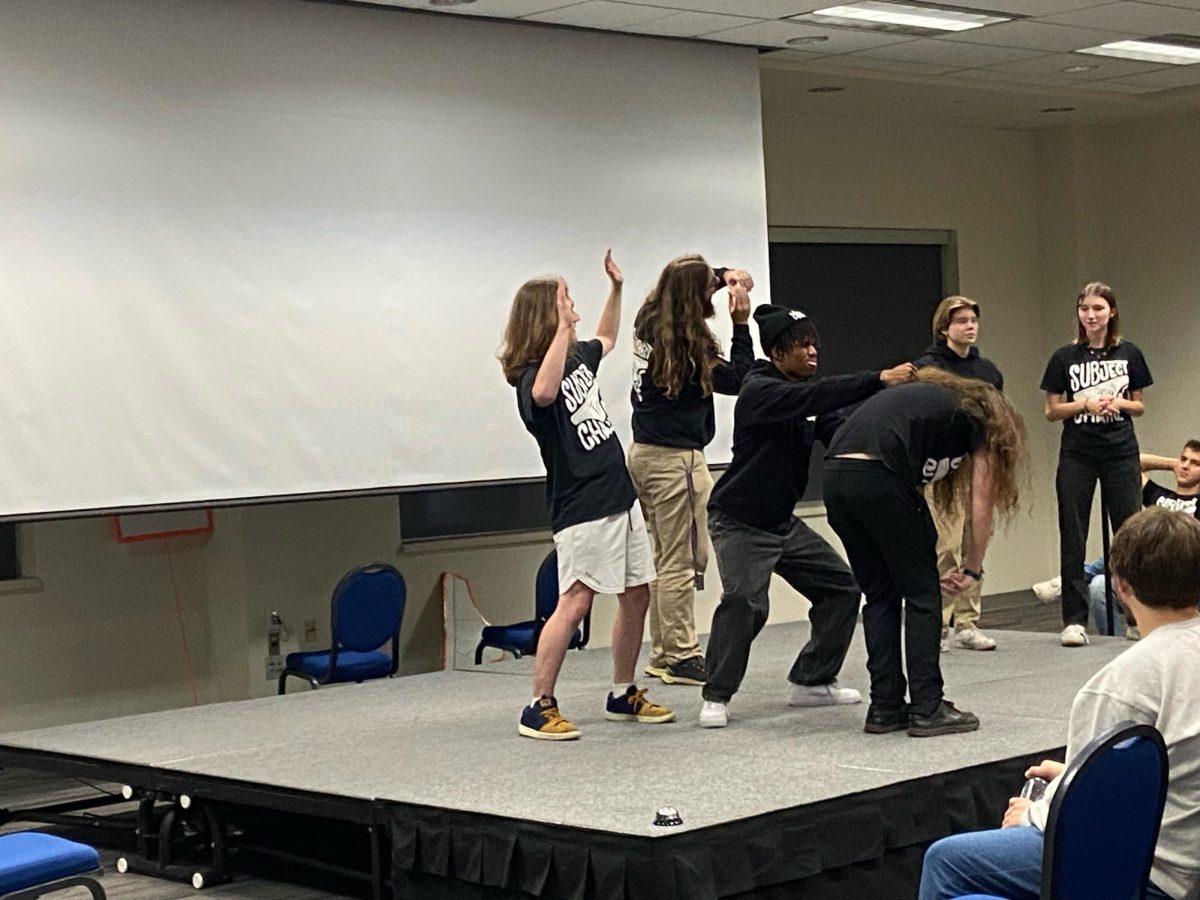GOP bill proposes multi-million dollar Pell Grant cuts

Junior sports management major Josh Schutt asks for grant information in the Financial Aid office.
Feb 24, 2011
Republicans in the U.S. House of Representatives have unveiled a new spending bill for the remainder of the 2011 fiscal year that would slash $100 billion from President Obama’s current budget request. Among other reductions, the measure would cut millions of dollars from student financial aid, including the Federal Pell Grant Program.
The Pell Grant Program, designed by the U.S. Department of Education to promote access to postsecondary education, provides need-based grants to low-income undergraduate and certain post-baccalaureate students. The proposed student aid reductions would trim the maximum Pell Grant by 15 percent, or $845, from the existing $5,550 currently available to the country’s neediest students and make approximately 1.7 million students ineligible for Pell Grants, according to FinAid.com.
If enacted, the reductions would be the largest cut in student aid funds in in the history of the Pell Grant program.
In addition, the Republican proposal would also eliminate all funding from the $758 million Supplemental Educational Opportunity Grant program and for the Leveraging Educational Assistance Partnership program. The legislation would also reduce funding for GEAR UP, TRIO and other federal programs targeted at minority and low-income students.
Republican supporters argue the bill will help balance the federal budget.
“This legislation… is a massive down payment on the new Republican majority’s commitment to drastically decrease discretionary funding in order to help our economy thrive and spur job creation,” said Hal Rogers, House Appropriations Committee Chairman, in a press release. “This will be the first of many Appropriations bills that will significantly reduce spending this year-beginning a pattern of cuts that will help put our nation’s budgets back into balance and stop the dangerous spiral of unsustainable deficits and debt.”
Grand Valley State University College Republicans Chairman Kyle Smith said rather than raise taxes, the GOP aims to invigorate the U.S. economy by curbing deficit spending.
“It is very unfortunate that this cut happened, but things have to be sacrificed to get government spending under control in this country,” he said. “The United States cannot afford to keep deficit spending like they are and want to be a viable country for trade. These two items are inversely related… Raising taxes will only cripple the recovery process by taking more money away from people that are already struggling. By lowering taxes, especially for businesses, the United States economy will become more friendly to new business, enhancing our economy and creating jobs.”
But GVSU College Democrats President Paul LeBlanc said Republican claims of making education cuts to balance the federal budget are hypocritical.
“It is absolutely unconscionable to propose cutting the Pell Grant program by so much,” LeBlanc said. “Doing this in the name of balancing the federal budget is also hypocritical. The Republican majority has not proposed cutting our massive defense budget even slightly, despite the fact that the United States outspends our nearest competitor in defense spending, China, by seven times on an annual basis.”
Even if passed by the House, the measure is expected to meet opposition in the Democrat-controlled Senate and in the White House. President Obama has called for keeping the maximum Pell Grant at $5,550 and proposed paying for the grants by cutting $100 billion elsewhere in federal student aid programs over the coming decade.
“Making college affordable and accessible is not only a moral responsibility, it’s also the best economic investment that can be made in our nation,” LeBlanc said. “A well-educated workforce is a necessity for enhancing our international competitiveness and attracting jobs to the country. I find it astounding that the Republican leadership is so short-sighted that they don’t understand this basic economic fact.”
Locally, Gov. Rick Snyder’s budget also proposes a 22-percent reduction in state aid to public four-year colleges, further wedging a gap between what GVSU should receive from the state and what the university actually receives. In an e-mail to students last Friday, President Thomas J. Haas said he will appear before the House Appropriations Committee on March 2 to voice university concerns.
“Our highest priority is to ensure that students remain able to enroll in the classes they need in order to graduate in a timely manner,” Haas said. “I will not allow reductions in state aid to compromise our academic quality nor our services to students.”






















